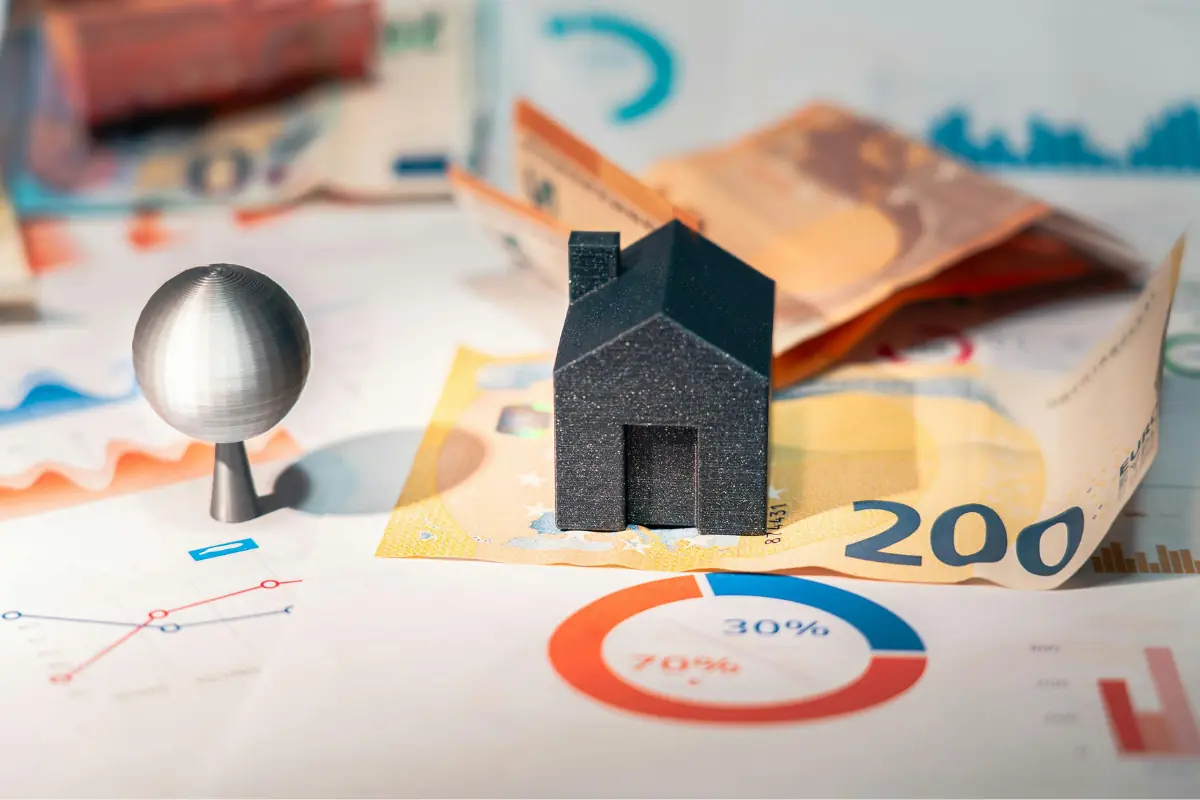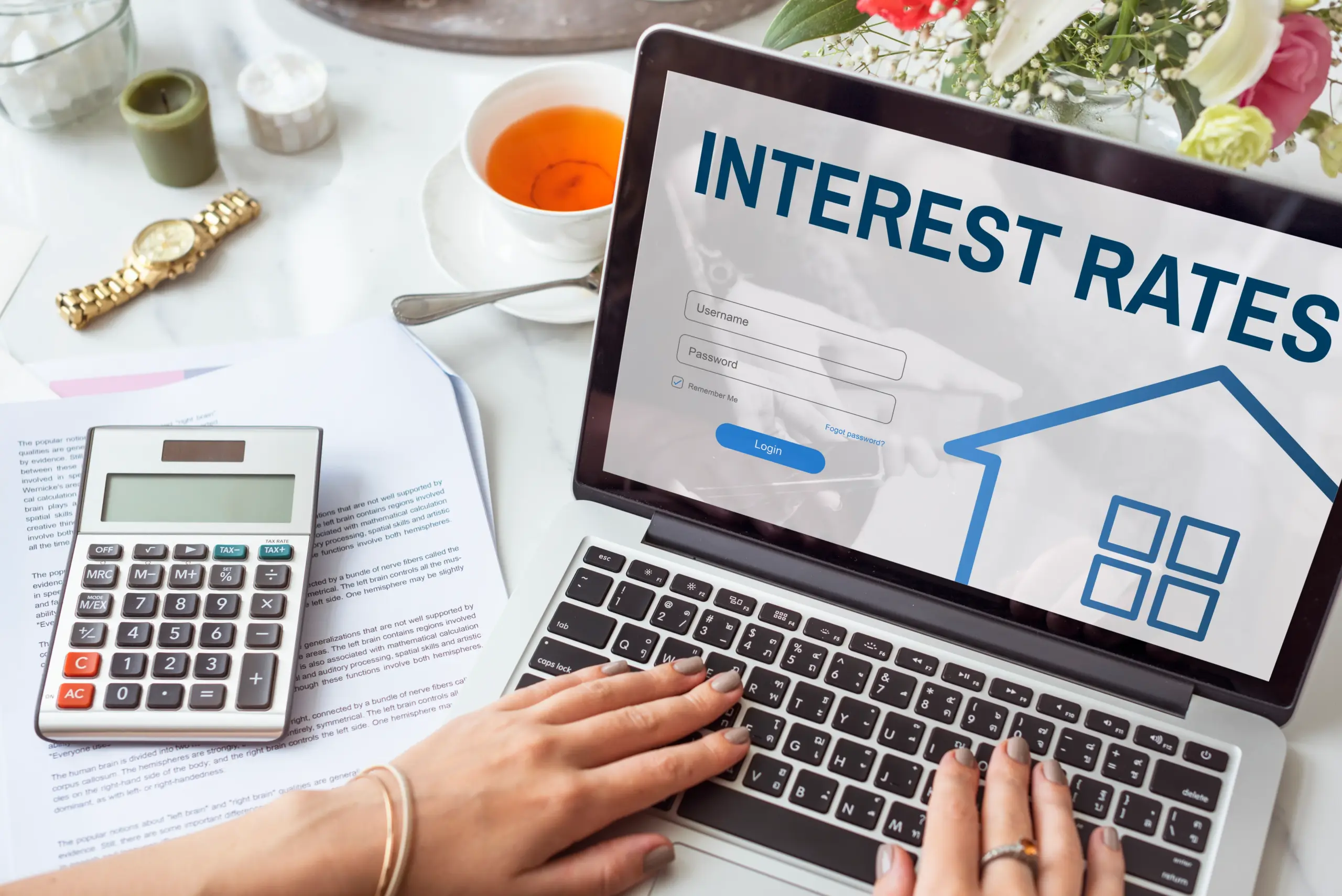I keep reading articles that say the Fed is going to possibly raise interest rates this month. In one regard that is correct. But with respect to mortgage interest rates, that is incorrect. You see mortgage backed securities control the destiny of mortgage rates. Not if the Fed raises the Fed Funds Rate.
So Wikipedia has this figured out, I am just trying to understand why there is so much misinformation on this topic. But if they were to increase the Fed Funds Rate you would see impacts on cost of interest for things tied to Prime (HELOCs, Credit Cards, B2B Lending…..) NOT directly to mortgage rates, but be mindful those interest rates had been slowly climbing through July of this year. Since July they have retracted, which has created the question; Should You Refinance Your Home?
Reasons to refinance your home vary from person to person. There are similarities as to why people refinance. Some do it to lower the rate (payment), some to take out equity (pay off debt, remodel the house, use for down payments on other home purchases). Some refinance to shorten the term (30 year to 15 year fixed rate). Some refinance to eliminate mortgage insurance (takes equity improvement in your home). Others refinance to do renovation mortgages (like a 203K or conventional renovation) so you can finance in the cost of improvements to your home. You can also do simple FHA to FHA streamline refinances, and VA Interest Rate Reduction Refinances as well.
There are things to be aware of when thinking of refinancing. You want to understand your goals (see above). You’ll want to know your FICO Score, sorry folks, the scores from the Credit Karmas are not used by lenders. You will want to talk to a lender who invests time in helping you understand your options. Even if you feel they are simple (i.e lower payment), you may find there is more you can do to grow the benefit of refinancing your home, with a twist of logic from a sharp lender (problem solving for you). Learn about the closing costs (and options where the lender pays your closing costs). Properly understand the break-even costs of a refinance. Meaning if the closing costs a $X, and the new escrow setup is $Y, your total costs are $X+Y to refinance. However, take away the skipped payment ($A) and the potential escrow refund you will receive from your current escrow balance ($B). Therefore, the true cost of refinancing needs to encompass all of these facets and to determine your true break-even to refinance your home you’ll want to factor all of these components in as well.
There can be many advantages to refinancing your home beyond what may be initially perceived. But if you just go “rate shopping”, like fishing, you may end up with an empty hook at the end. What fi you could have consolidated debt, removed mortgage insurance, or remodeled your home with a renovation loan, but instead you add a bunch of closing costs to the payoff of your existing loan and then regret it later when you stumble across a consultative lender?
Chew on this before deciding if you should refinance your home~
@MtgMaestro










